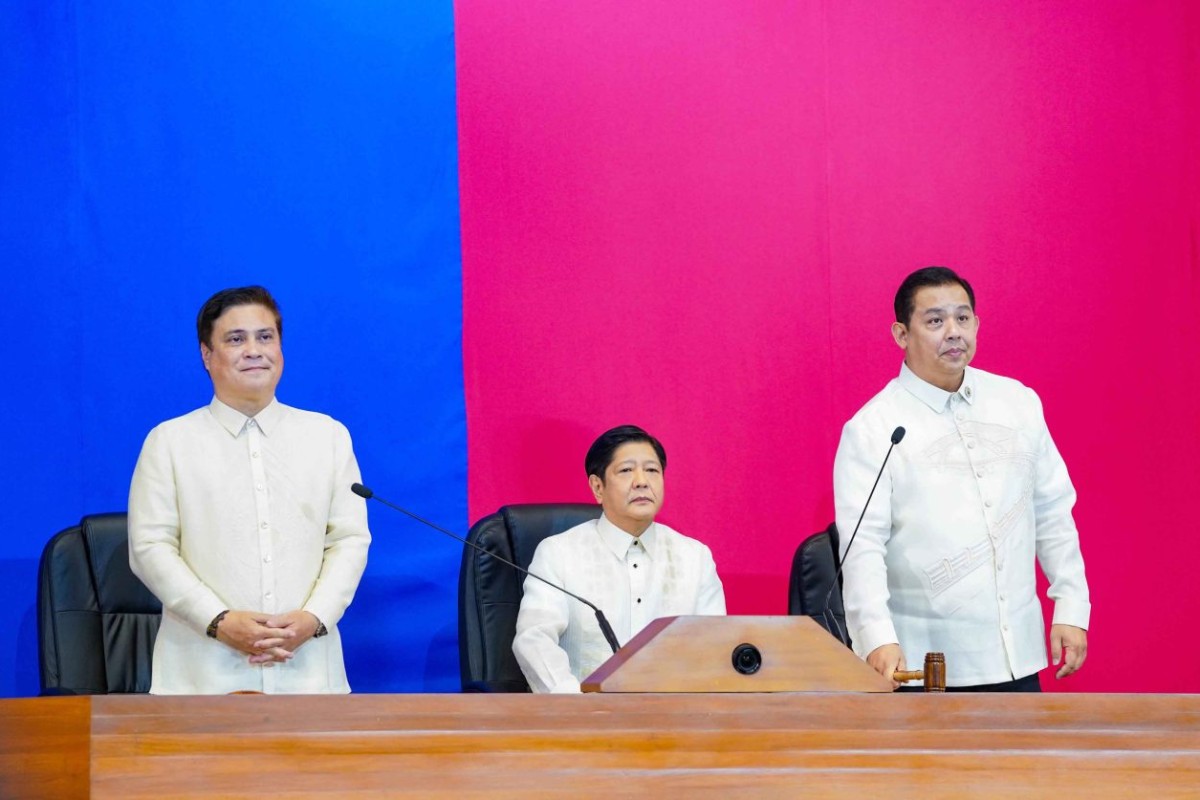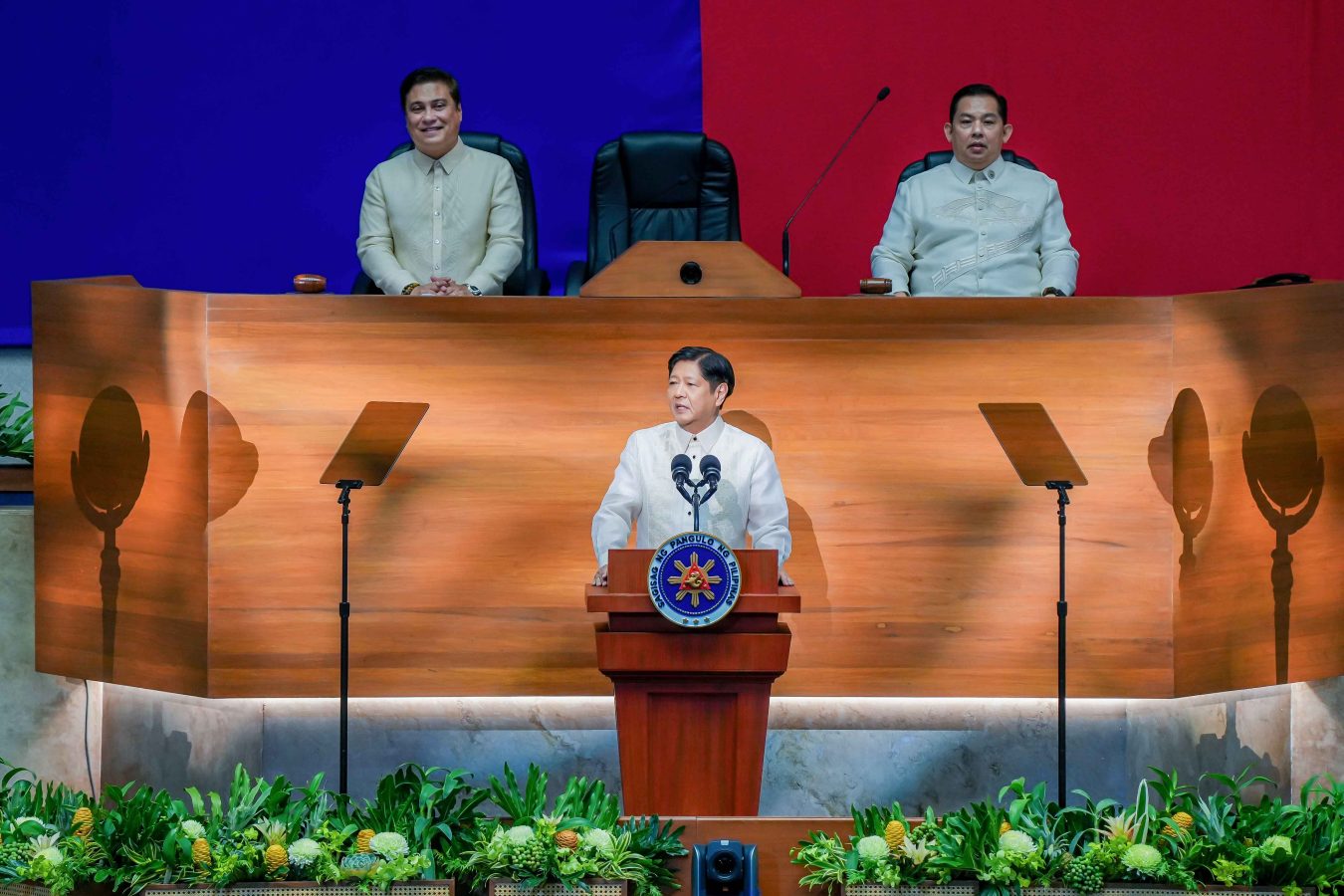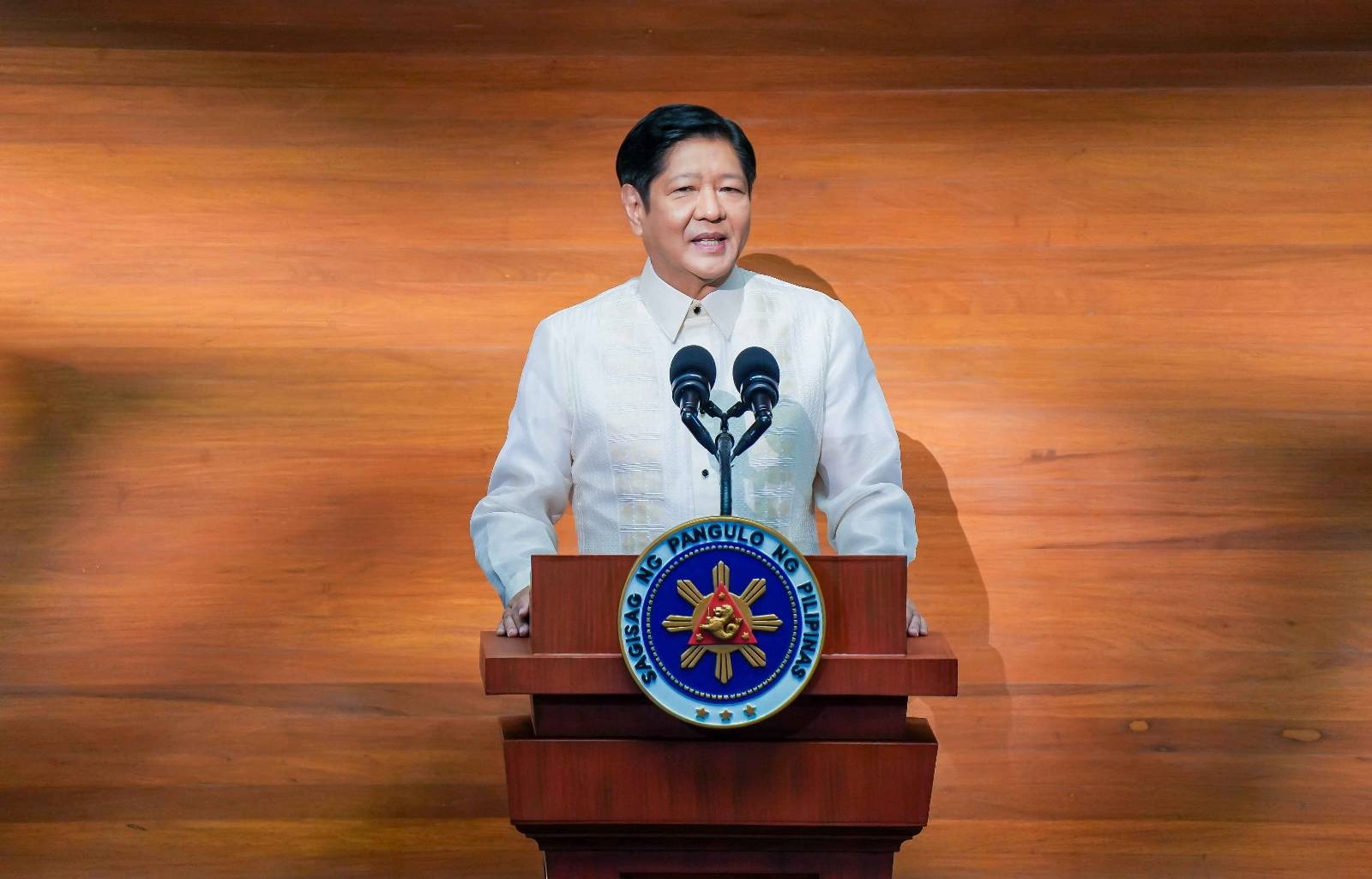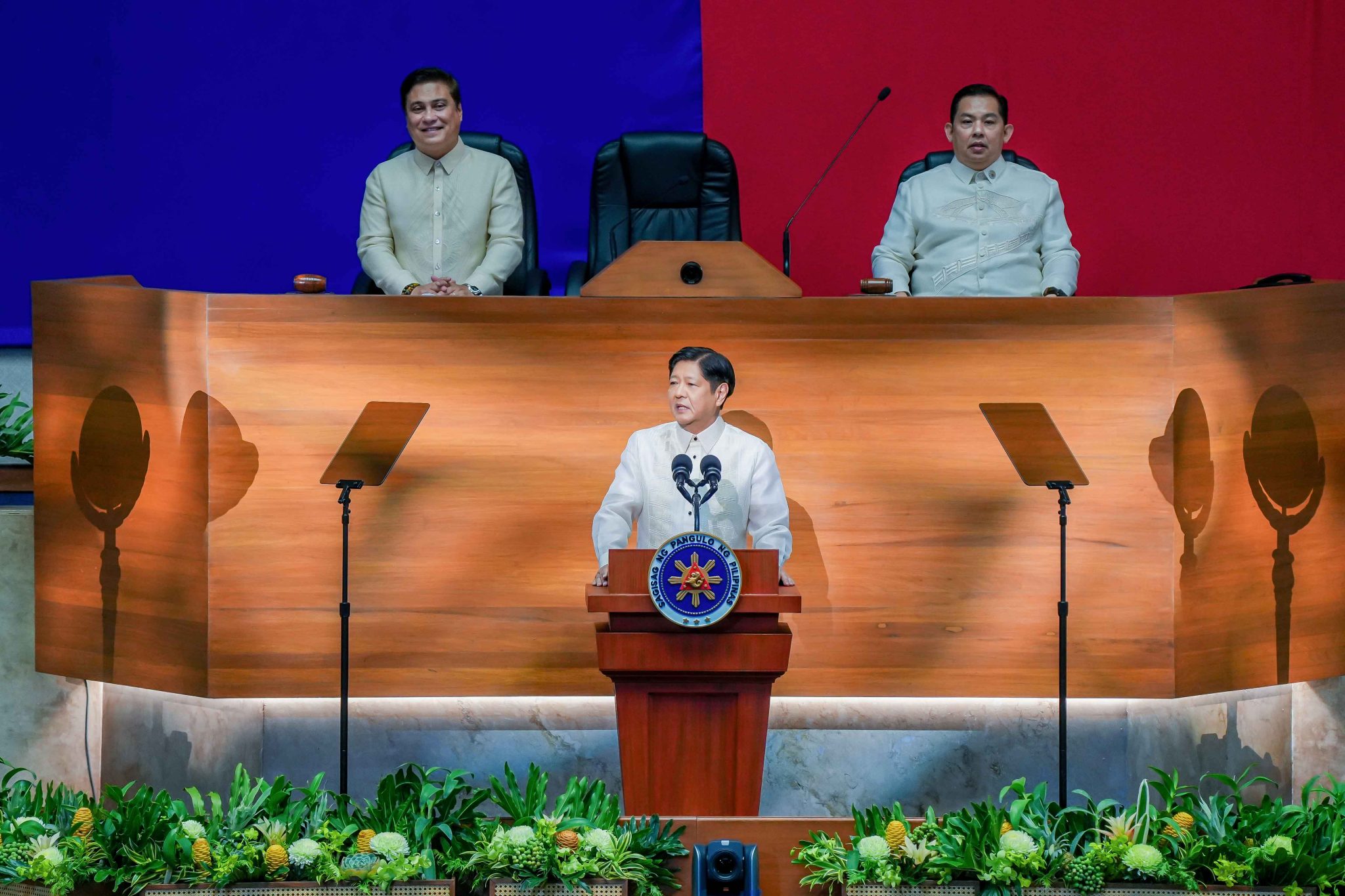MANILA -- President Ferdinand R. Marcos Jr. has directed all government offices to digitalize vital services immediately, as he outlined the achievements and programs of his administration aligned with its bid for digital transformation in all offices.
“Consistent with this transformative policy direction, all government offices must then ensure that their vital services are digitalized immediately,” he said during his second State of the Nation Address (SONA) at the Batasan Pambansa in Quezon City on Monday.
Speaking before lawmakers and other public leaders, President Marcos emphasized that digitalization is already a must today and will not only facilitate the ease of doing business but also combat graft and corruption.
“Digitalization is the call of today, not the call of the future, but of the present. It is here. It is needed, and it is needed today. Government must fully embrace digitalization to provide better service to the people, through its vital frontline services and its back-end functions,” he said.
“Digitalization will support the government’s data-driven, science-based planning and decision-making. It is the greatest and most powerful tool, not just to improve ease of doing business, but also against many forms of graft and corruption,” he added.
Marcos noted that the digitalization efforts will eventually be integrated into the payment systems in the country, including government banks.
“Digital payments accounted for 42 percent of the total retail payments made in 2022, whether by businesses or individuals or by the government. Its high trajectory is now well-positioned to achieve Bangko Sentral’s target of 50 percent of total retail payments by this year,” he said.
He also mentioned the eGov PH app, which is envisioned to integrate all government services into a single and centralized mobile app, for the convenience of the general public.
The chief executive also referred to National ID system as the core of the digitally transformed network of government services and expressed optimism that this will “fundamentally change the lives of each Filipino.”
“At 87% total registration, we are now closer to establishing a complete, accurate, and reliable digital database of our own for the entire population. This has already been integrated into the eGov PH app, and can be now accessed by our citizens,” he said.
Because of system upgrades, President Marcos said the country’s internet speed has significantly improved.
As of June this year, the fixed broadband speed of the Philippines ranks 47th among 180 countries.
This ranking is 11 places higher than it was in 2022. The Philippines’ mobile internet speed is now ranked 83 out of 142 countries, which is eight places higher than it was in the previous year.
Aside from this, he also directed the Department of Information and Communications Technology (DICT) “to consolidate all these digitalized government services into the eGov PH app, to establish the National Government Portal and the Philippine Business Databank, and to improve the internet speed in our country.”
He also mentioned an E-Commerce Philippines Roadmap, a policy aiming for Filipinos to have trust and confidence in the country’s e-commerce infrastructure and internet capabilities.
“With our E-Commerce Roadmap firmly in place, we are poised to take this digitalization drive further and beyond, utilizing e-commerce to take full advantage of new technologies,” he said.
With increasing digital activities, President Marcos said that the SIM Registration Act, the first Act that he signed into law at the start of his Administration, will protect digital users from identity theft, phishing, and other online scams.
He also assured that the government is ready to assist individuals whose jobs will be affected in the transition through the various programs of government agencies.
“The trainings necessary to ease the transition of those whose jobs would be affected by the shift to digitalization are also now being included in the curricula and programs offered by TESDA (Technical Education and Skills Development Authority), DICT, and other agencies of government,” he said. (PND)





